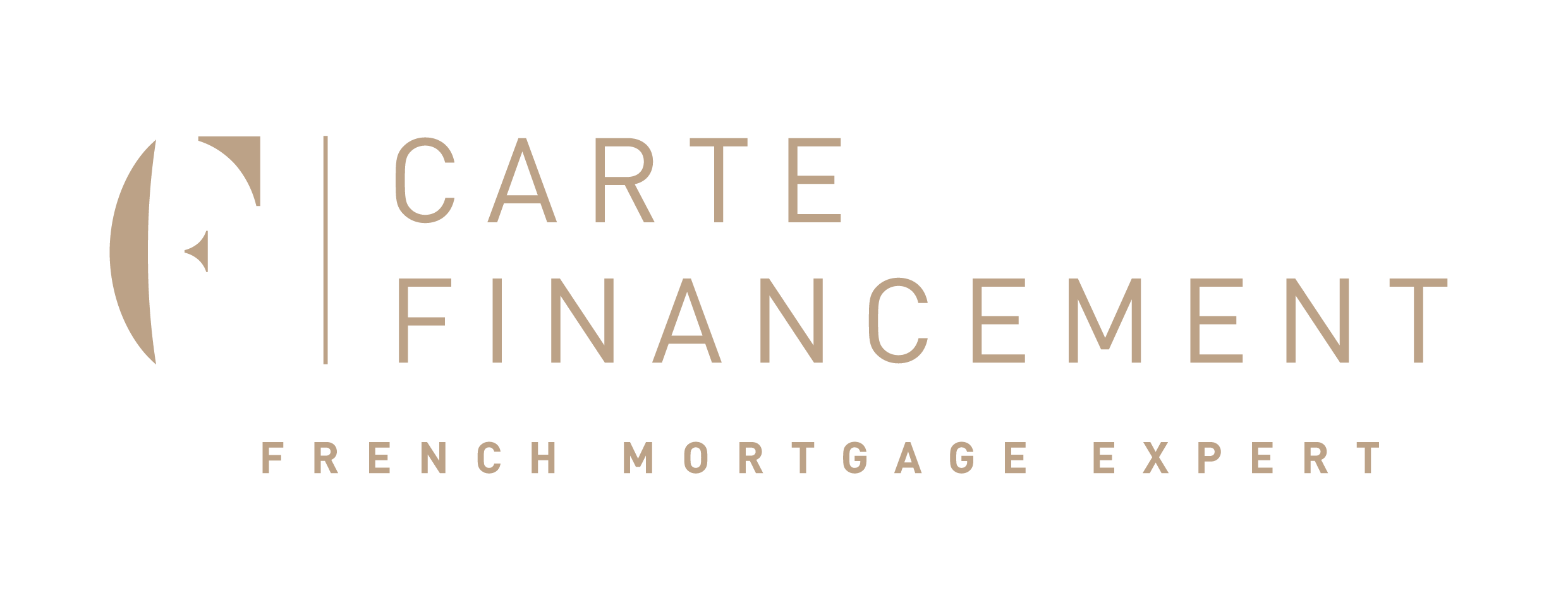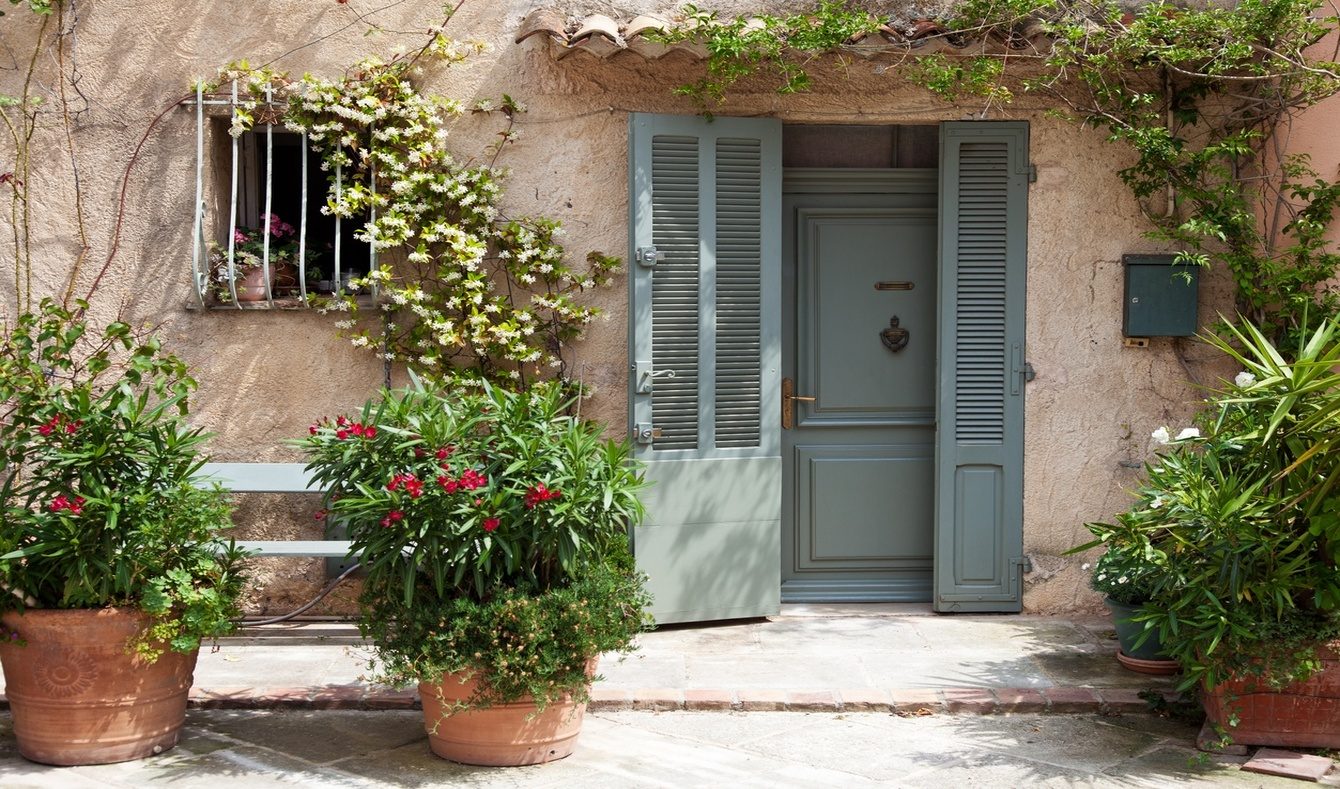[vc_row][vc_column][us_separator size=”small”][vc_column_text]
Buying a property in France is a tempting prospect, even more so since the interest rates on French property loans are very low right now. You may wish to purchase a flat or a house to use as your primary or even secondary residence, or to have as an asset and earn you additional income as a buy-to-let property.However, buying property abroad requires more caution and forethought than a purchase in your home country. Here’s everything you need to know before deciding to buy property in the land of wine and cheese.
1) Evaluate the property’s real value by observing the local real estate market
Firstly, you should prepare for your purchase by doing some research into the area you wish to buy in. What is the average price per sq. m. in the city you want to purchase in? How much money would you need for a property that matches your requirements, which you have made a list of in advance: size, old/new, with or without renovation needed, with or without a lift in the case of a flat? Which neighbourhoods are in fashion and which ones have new infrastructure (transport, etc.) or urbanisation projects planned ? A whole series of questions that you can find the answers to online (on the Notaires de France website, for example Notaires de France) or even through a specialised estate agency. Many agencies, such as My Expat, Des Murs à Paris and Home by C, offer remote support to individuals living abroad, helping them find the property that matches their criteria.2) Sole mandate, open mandate, or do-it-yourself: which solution should you pick?
As indicated above, the estate agencies you mandate for your search in France allow you to take advantage of remote services. In most cases, they can help you visit the property virtually, for example. These virtual visits let you move around the flat as if you were there.In general, you will be asked to sign a search mandate, either open or sole. The latter obliges to pay the house/flat hunter’s commission, even if you find a flat on your own or through another agency. So consider carefully before signing on the dotted line.
If, however, you decide to conduct your own search so as to avoid agency fees, you will find several properties on Pap.fr or even Le Bon Coin. In the absence of a property advisor, don’t forget to check the electrical wiring report, as well as the measures approved by the joint ownership association in case of a commonhold (ask for the minutes of the last three or four general meetings to know whether major works have been approved).
3) Check that the seller of the property has met their legal obligations
The French real estate market is highly regulated. Buyers are more and more protected, especially since the passing of the Loi Alur law, which obliges the seller to provide a considerable amount of information to the buyers, such as technical inspection reports indicating the condition of the building. The Loi Carrez law, for its part, obliges the seller to mention the property’s exact living surface area, excepting surfaces with a ceiling lower than 1.80 m. In addition to these obligations to divulge information before the sale, the buyer is also protected after the sale if they find a problem. They have recourse to a warranty on hidden defects. There are also obligations on the buyer’s side, such as paying the price stipulated on the sale contract as well as all the additional fees associated with the sale.4) Making a compliant offer
If you would like to make a written offer of purchase for a property, it must include a certain amount of information: the purchase price, the address of the property, the surface area, the name of the owner, the duration of validity of the offer (5 to 10 days) without which the latter will be null and void, the cooling off period (7 days), the terms of financing, the definite conclusion of the sale upon signature of the pre-sale contract, etc. Do not forget to include a condition precedent of at least 60 days in your offer. This way, if you do not obtain financing the sale will be cancelled and you can recover your deposit.5) Anticipate additional fees that will be added to the sale price
In addition to the purchase price, you will also have to pay notarial costs when you purchase your property. Plan for these costs to be around 7% of the cost of the property if you buy an old construction, and 2-3% if you buy new. Please note that even if your notarial costs are lower when buying a new build, if your new property is sold less than five years after the end of its construction, you will have to pay VAT on it.In addition to notarial fees, if you take out a property loan, you will also have to plan for loan insurance, which is required by French banks. You should know that on 1 January 2018, an amendment was made allowing all borrowers to change their loan insurance every year on the anniversary of the contract so as to have a less onerous one. We suggest that you plan for these additional fees as soon as possible in order to find the best financing and maximise your chances of successfully obtaining a loan. French Mortgage Expert will be at your side throughout the process, as we are also loan insurance broker, we will advise you on insurance so you can anticipate all the specifics related to your profile and your country of residence.
Once you’re an owner, you must plan for additional fees such as co-ownership charges if your property is a flat in a commonhold, as well as local taxes such as property ownership tax (French taxe foncière). The amount of the latter will depend on the rental value of your property and the tax rates of your commune and your region (French département). Please note that the government is planning massive reforms of the local tax system, which will be announced shortly, in order to make up for the removal of the occupancy tax (French taxe d’habitation). How these taxes are calculated may therefore change.
[/vc_column_text][/vc_column][/vc_row][vc_row][vc_column][/vc_column][/vc_row]


